Research in New Jersey TOD areas shows transit access encourages walking, cycling, and local shopping, though usage is shaped by reliability, security, income, and pandemic-driven changes in commuting.


Research in New Jersey TOD areas shows transit access encourages walking, cycling, and local shopping, though usage is shaped by reliability, security, income, and pandemic-driven changes in commuting.
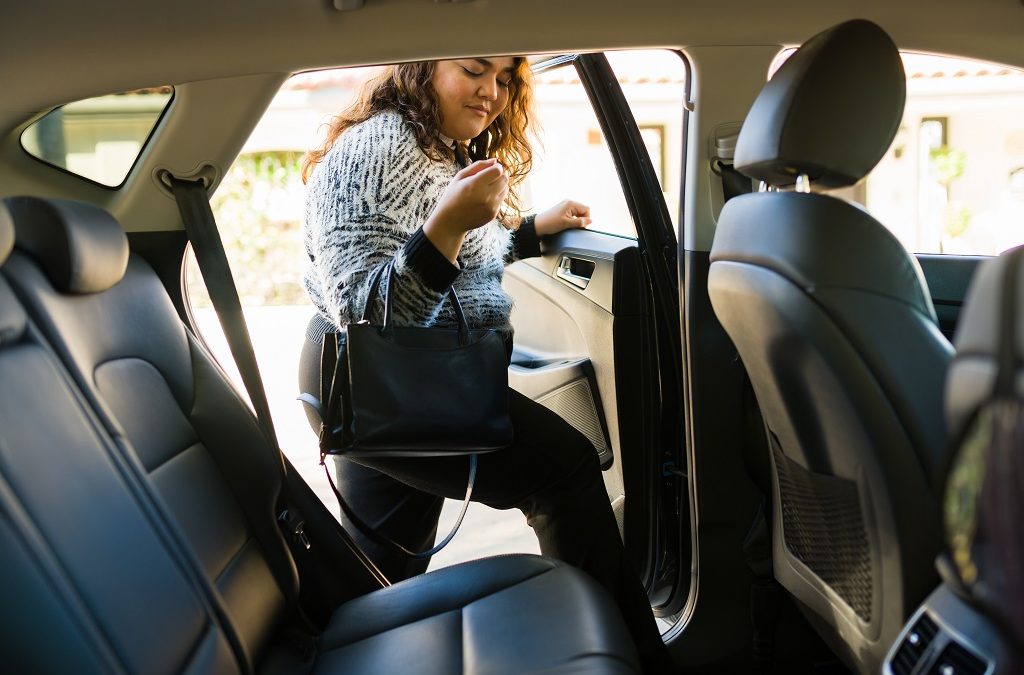
How and why do zero-car households seek car access? We used a national online survey of 830 American adults and interviews with twenty-nine low- and moderate-income travelers about their car access behaviors to answer this question.
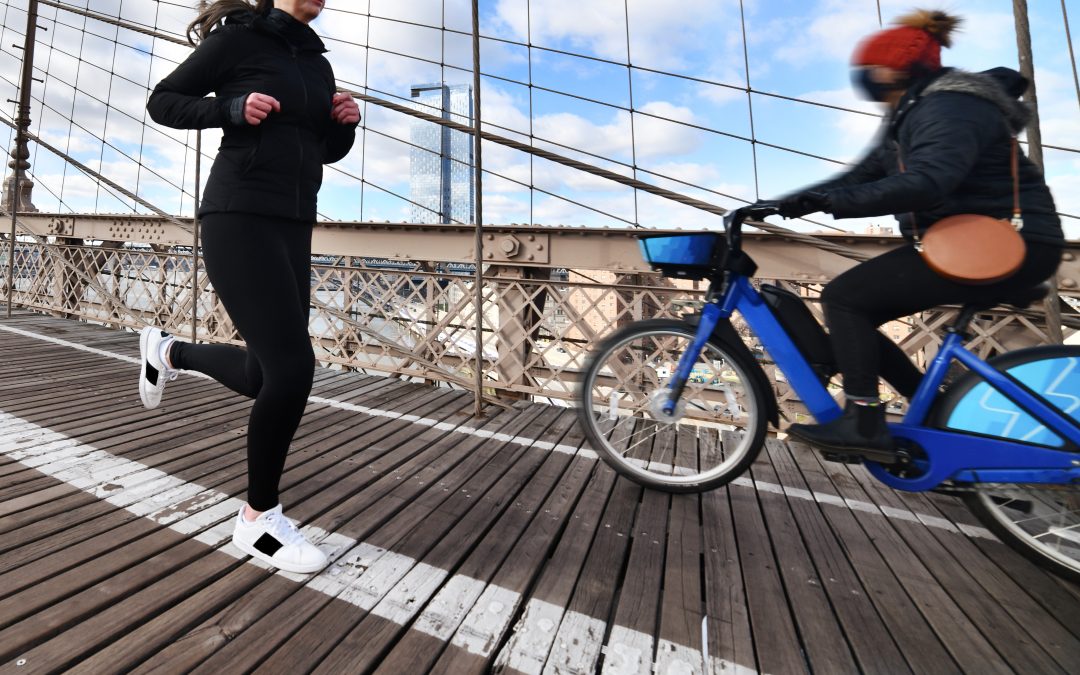
Study investigates the difference between shared electric bicycles (e-bikes) and conventional shared bikes operated by Citi Bike in New York City.
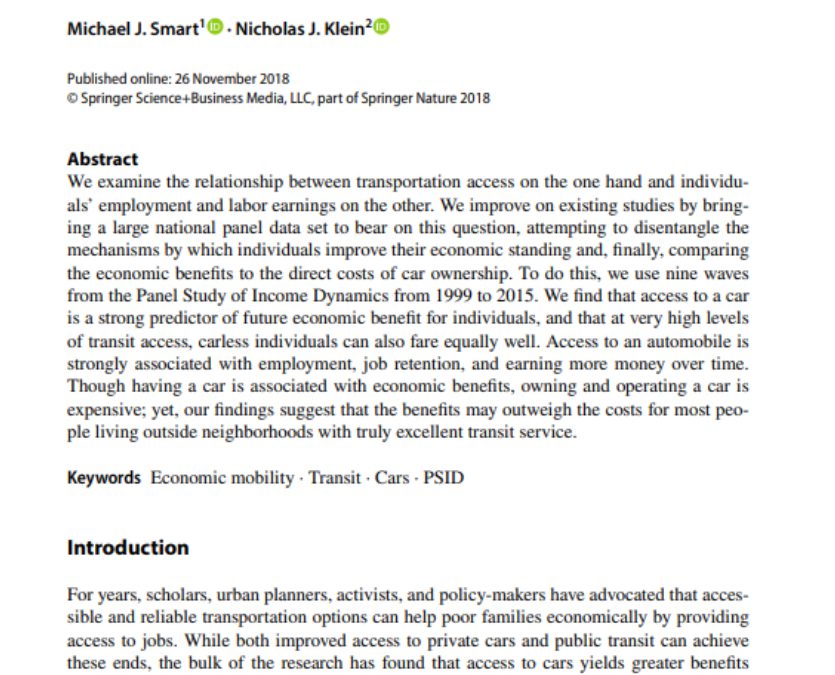
In this article, Professor Smart and Nicholas Klein (Bloustein PhD, 2014) find that having a car helps Americans find jobs, keep those jobs over time, and move up the economic ladder.
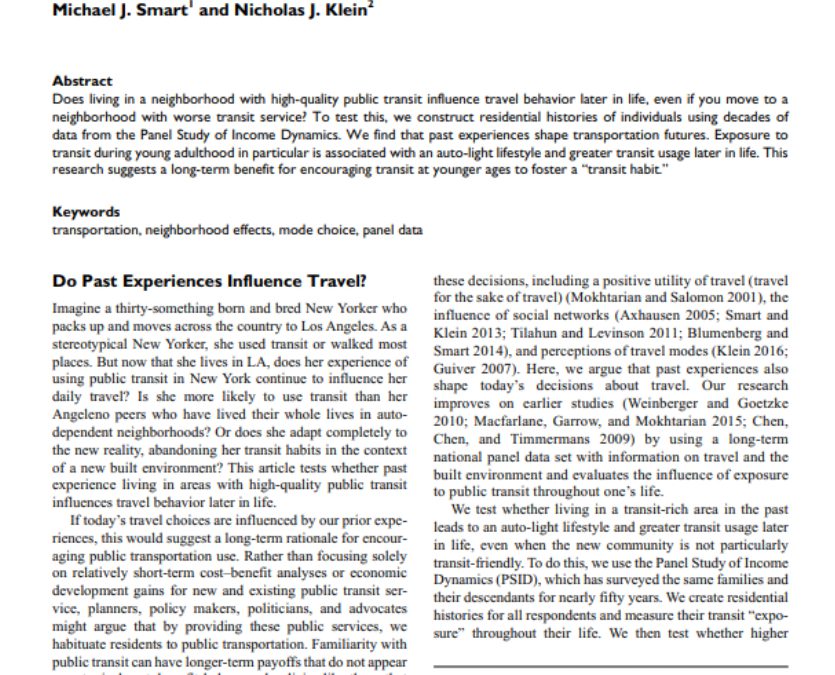
This research suggests a long-term benefit for encouraging transit at younger ages to foster a “transit habit.”
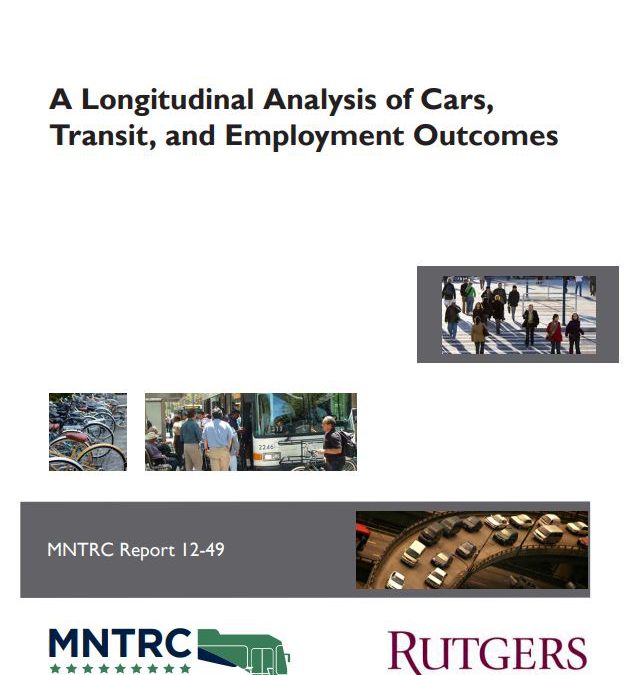
This report improves on existing data by analyzing groups that have variable access to automobiles – poor families, immigrants, and people of color.
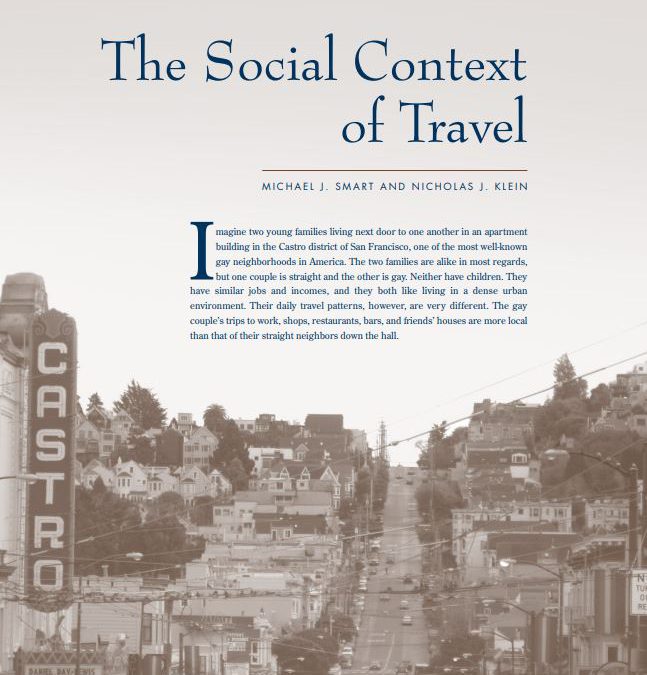
The authors examine how the social context of a neighborhood can influence activity and travel patterns of those living in “neighborhoods of affinity,” where members of a group with strong social ties live and work.
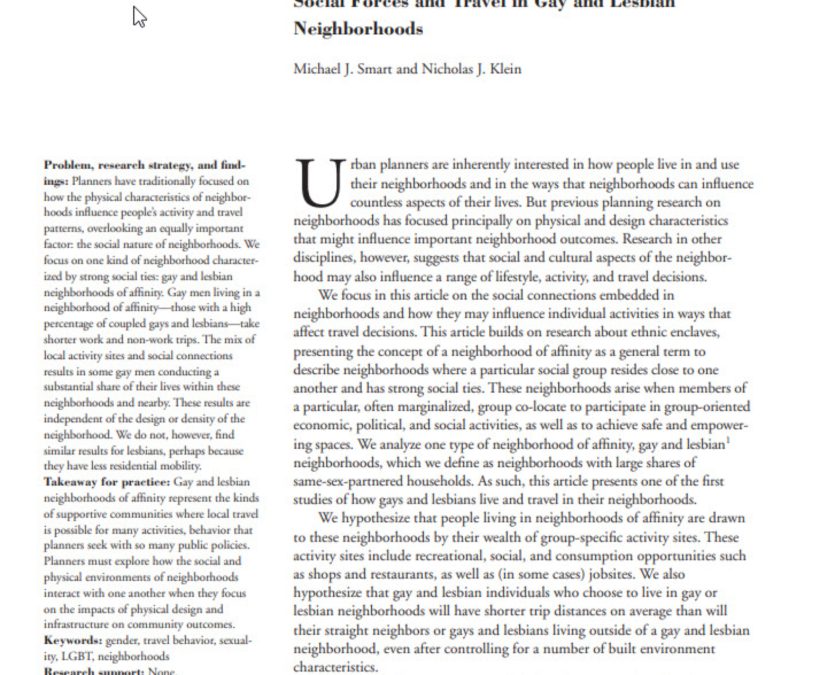
Gay men living in gay neighborhoods travel much shorter distances on average than their straight next-door neighbors do.
Since its creation in 1979, NJ TRANSIT has grown into the geographically largest public transit system in the United States. Over more than four decades, the agency’s financial structure has shifted in response to changing state and federal priorities—shaping service...
Objective While fatal crashes are available through the Fatality Analysis Reporting System (FARS) and are readily available to the public, many states do not make their crash data easily accessible for the public and the research community. The public has an interest...
Through this research, NJ TRANSIT sought to understand how women and members of the lesbian, gay, bisexual, transgender, queer plus community, sometimes referred to as sexual and gender minorities (SGMs) travel on NJ TRANSIT so the agency can provide better...
Recent advances in biometric sensing technologies, such as eye tracking, heart rate trackers, and galvanic skin response (GSR) sensors, offer new opportunities to measure pedestrian stress level and their travel experiences in real-time. Uncertainty remains about...